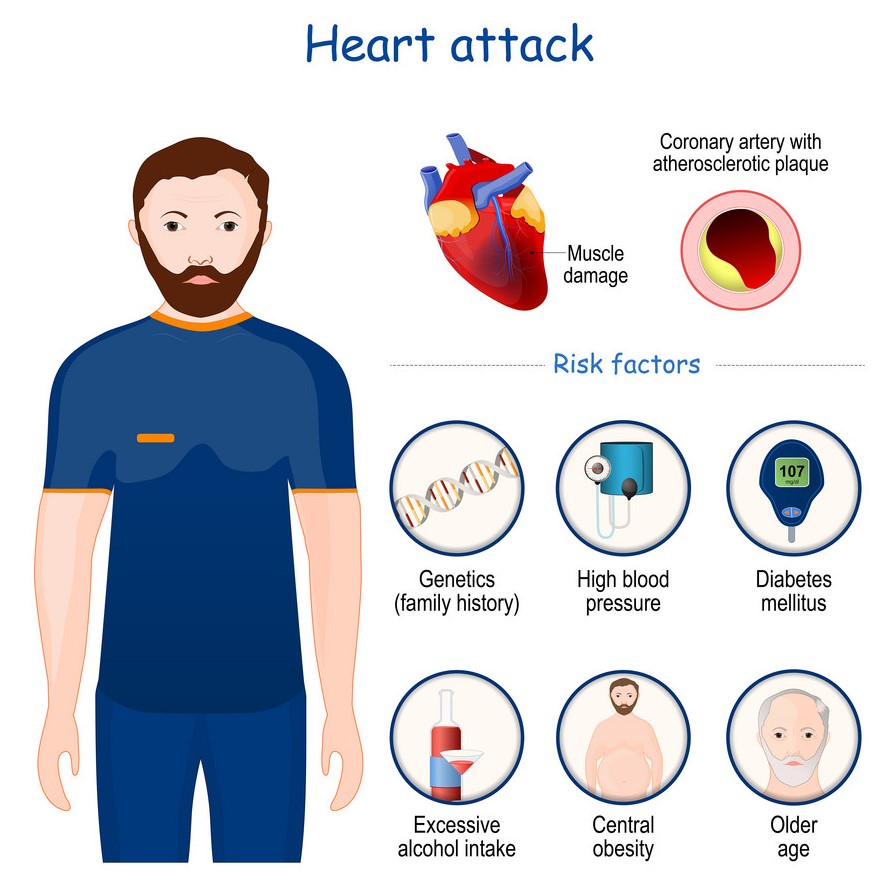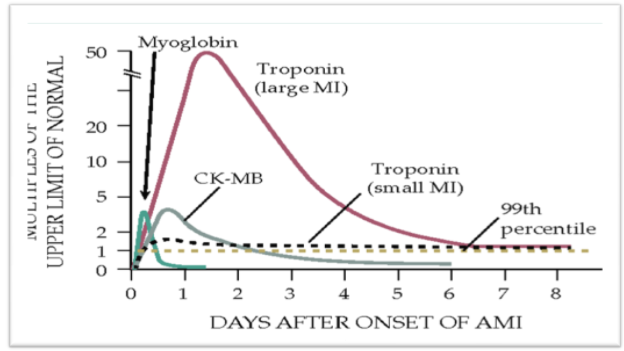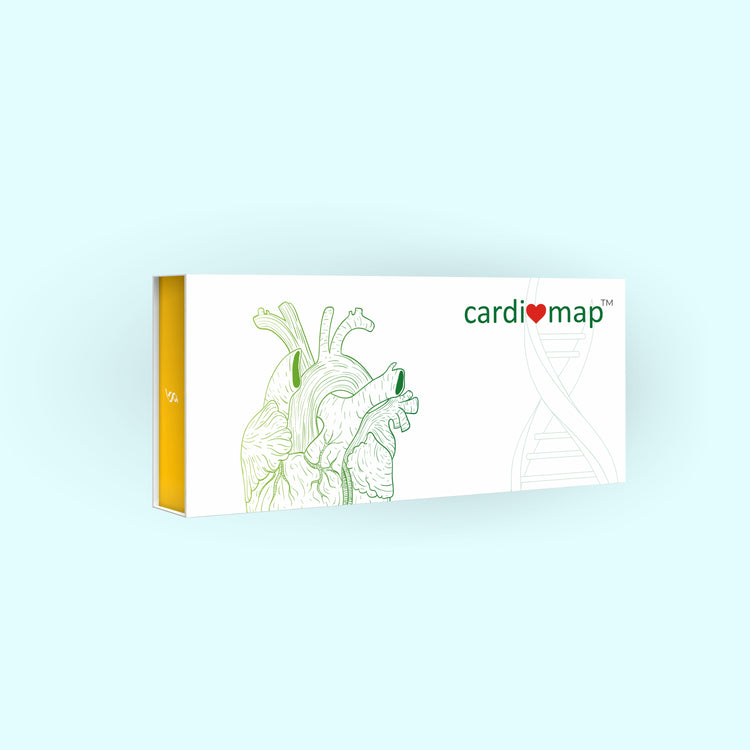Role of Cardiac Biomarkers in Diagnosing Heart Attack
Mar 28, 2022
5977 Views
The symptoms of heart attack can be mild and they can get confused for common discomfort or less serious problems. The recognized signs of heart attack are chest pain, sweating, palpitation, and shortness of breath. However, not all heart problems come with clear warning signs. There is not always a sudden pain followed by a dramatic fall to the floor, like in the movies. Shoulder pain, discomfort in the neck and arm, burning sensation, vomiting, and fatigue are some of the less known symptoms of a heart attack.

Acute coronary syndrome consists of a spectrum of diseases such as unstable angina, stable angina to myocardial infarction. Is there any test to diagnose acute coronary syndrome when having unidentified symptoms?
Tests like electrocardiograms and echocardiograms can help in monitoring heart health. A genetic test to understand predisposition like cardiomap is good to understand the underlying risks. A simple blood test called a cardiac biomarker can give an easy diagnosis of the heart condition. Let‘s delve into more details of cardiac biomarkers.
When are Biomarkers Most Helpful?
Cardiac biomarkers, earlier known as cardiac enzymes, are simple blood tests. When there is damage to the heart muscle, cardiac biomarkers enter the bloodstream. Analysis of cardiac biomarkers helps in making a rapid diagnosis of heart attack so that appropriate clinical decisions are made.
Types of Cardiac Biomarkers
Some of the current cardiac biomarkers are routinely used by physicians to evaluate, diagnose, and treat acute coronary syndrome.
- Cardiac troponins: Current guidelines from American College of Cardiology (ACC) and European Society of Cardiology (ESC) recommend Troponins to diagnose myocardial infarction (MI). Troponin exists in two forms: Troponin I and Troponin T. Troponin I is highly specific to the heart and stays longer than other forms of cardiac biomarkers.
- CK-MB: When a heart attack occurs, the injured heart muscle releases CK-MB into the blood. A sensitive marker appears in the bloodstream after 4–6 hours after heart attack and it peaks 10–12 hours for early diagnosis. Earlier the diagnosis of heart attack, better the outcome of medical or surgical intervention.
- Myoglobin: A small heme protein rises early within one hour compared with cardiac Troponins and CK-MB. Though myoglobin is released when any muscle is damaged, its kinetics, i.e., early release still makes it one of the markers.
- LDH: This enzyme is not used as commonly as Troponin. LDH1 is found in the heart and LDH2 in the bloodstream. A high ratio of LDH 1 to LDH2 suggests MI. The levels of LDH1 and LDH 2 return to normal after 10–14 days.
- Alanine Transaminase levels (SGOT): It was the first marker used for MI. Now, it is not specific for heart damage.

How can Mapmygenome help?
- All above tests are available at our centre.
- For first degree relatives, CardioMap is suggested to assess the risk of acute coronary heart disease.
- Our genetic counselors analyze your health history. They look at your family history to assess your predisposition, occurrences, and recurrences of acute coronary syndrome. Their expertise will help you choose the right genetic test and other necessary interventions to prevent acute coronary syndrome.
References:
1.“Learn the Heart | LearntheHeart.com.” Healio.com, 2018, www.healio.com/cardiology/learn-the-heart.
2. Mayo Clinic. “Heart Disease - Diagnosis and Treatment - Mayo Clinic.” Mayoclinic.org, 2018, ww.mayoclinic.org/diseases-conditions/heart-disease/diagnosis-treatment/drc-20353124.

